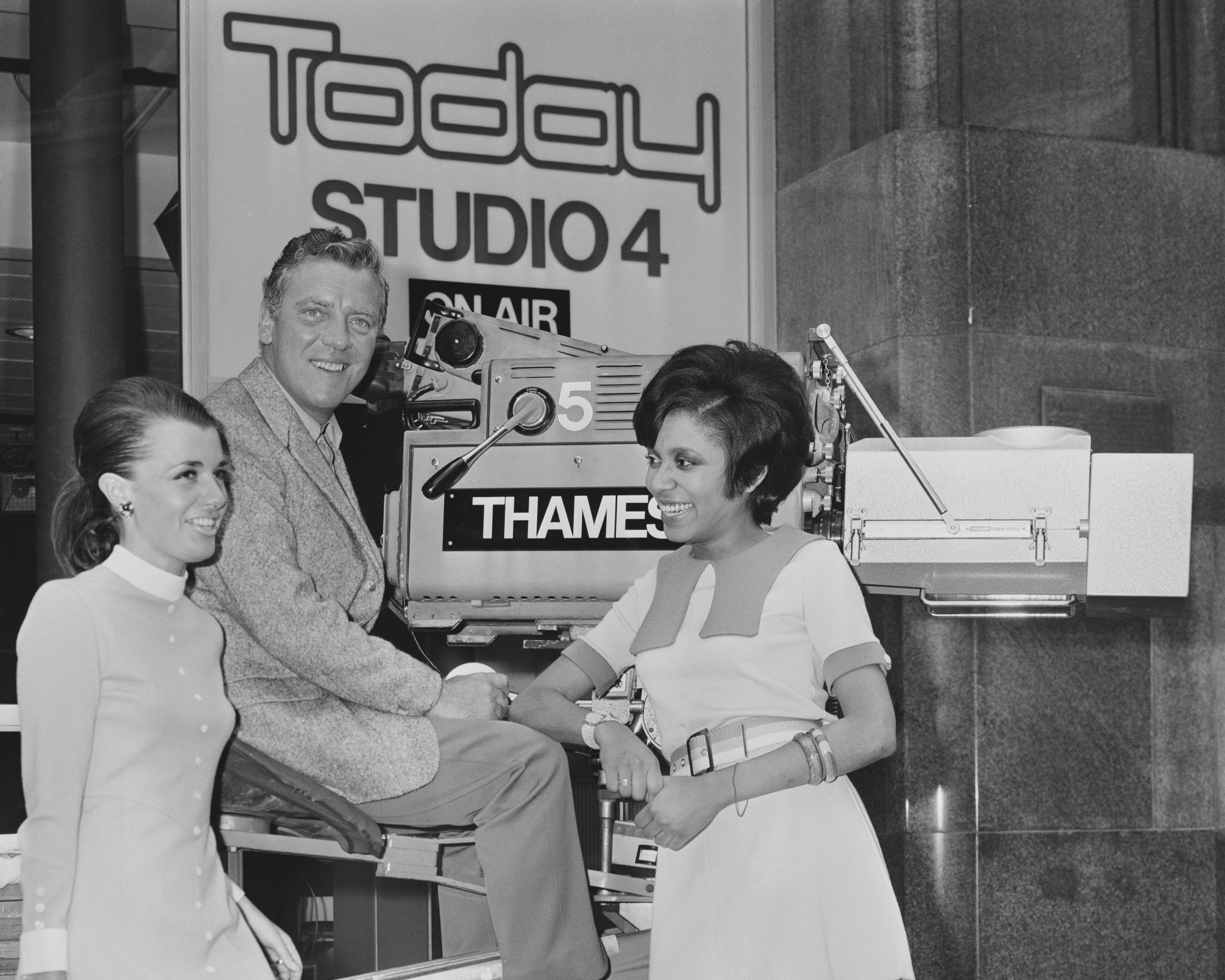UK’s first journalism prize for Black reporters axed amid ‘push to improve overall diversity’
“We are hugely grateful to Barbara for lending her name to our awards for the two years we have given a prize in her honour,” the Press Gazette said.

A British journalism prize established for Black journalists in the wake of global Black Lives Matter protests has been cancelled as a part of a push to “broaden commitment to diversity across the event”.
The Barbara Blake-Hannah award, named in honour of the UK’s first Black on-screen TV news reporter, was launched by the British Journalism Awards (BJA) in August 2020 to recognise the work of ethnic minority reporters and inspire others to “break through barriers” in the way that she did.
Jamaican journalist Ms Blake-Hannah started out as a television reporter in 1968, working for Thames TV, and went on to interview famous figures including prime minister Harold Wilson and actor Michael Caine.
The journalist’s UK-based career came to an abrupt end shortly after her contract was ended, following racist complaints from some viewers to “get that n***** off our screens”. After that, she returned to Jamaica in 1972.
News of her name-sake prize was broadly welcomed and met with much fanfare, spurring a flurry of media stories across TV, press and radio interviews in Britain and beyond.
Speaking to The Independent about its termination, Ms Blake-Hannah said: “I still have my name and my history. I was known before the Press Gazette award and always will be. Others may wish to use my name to inspire others.
“Jamaicans, Rastafari, film-makers and home-schooling parents do. Black British journalists have always given me honour and tribute. They gave me an award in 2012. I lose nothing but Black journalists lost a small door that was opened”.

Ms Barbara , 82, whose father Evon Blake started the Press Association in Jamaica, said she felt no “distress whatsoever” and instead “smiles” when reflecting on her legacy and UK career.
Since returning to Jamaica, the veteran journalist launched a successful career as a filmmaker and has also been an independent senator in the country’s parliament.
“We have decided to expand the Barbara Blake Hannah Award into a wider recognition of the need for diversity and inclusion,” a statement from the Press Gazette, which is behind the BJAs, reads.
“For the last two years this prize was given to the best up-and-coming journalist from a black and minority ethnic background. We now want to ensure a diverse range of people are recognised across the awards, not focused on one category.
“We are hugely grateful to Barbara for lending her name to our awards for the two years we have given a prize in her honour, and for inspiring a new generation of journalists with her example of breaking through barriers in the face of racism.
“We now want to deepen and broaden our commitment to diversity across the event.”
The idea for the award was that of journalist Bree Johnson - the only two winners are Kuba Shand-Baptiste and Aniefiok Ekpoudom.
The Press Gazette continues to have an awards category on “Social affairs, diversity and inclusion” and said it continued to work hard to ensure that the British Journalism Awards reflects our whole industry and the UK population as a whole.
This year the event will again be free to enter for journalists from previously under-represented groups who do not have a news organisation willing to support their entry.
Join our commenting forum
Join thought-provoking conversations, follow other Independent readers and see their replies
Comments
Bookmark popover
Removed from bookmarks